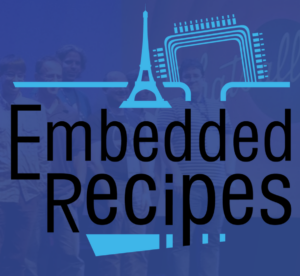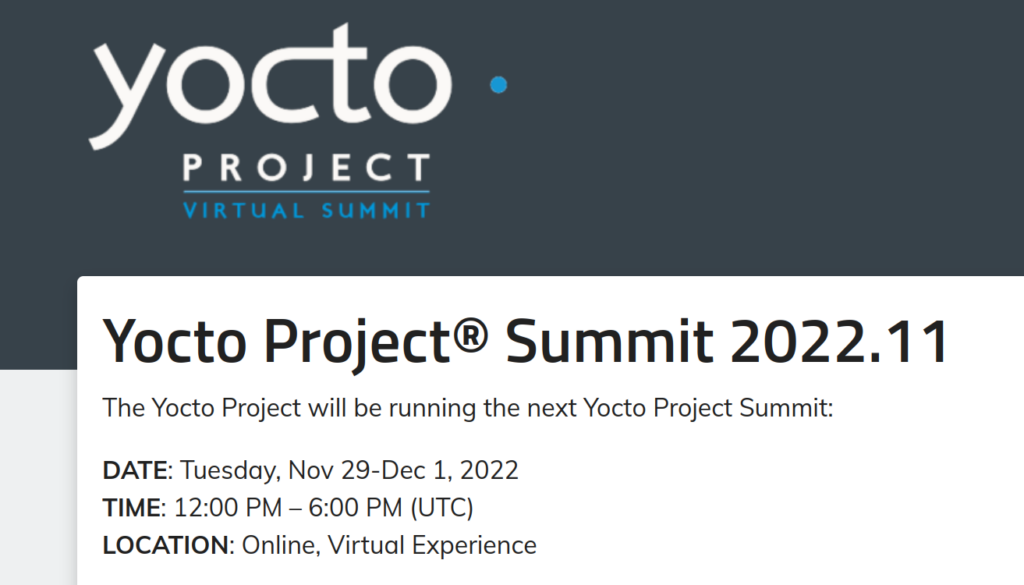As we reported in a previous blog post, almost the entire Bootlin engineering team was at the Embedded Linux Conference Europe in Prague in June. In order to share with our readers more about what happened at this conference, we have asked all engineers at Bootlin to select one talk they found interesting and useful and share a short summary of it. We will share this feedback in a series of blog posts: first post, second post, third post, this one being the fourth and final post of the series.
Do the Time Warp – the Rocky Horror PTP Show: Verification of Network Time Synchronization in the Real World
Talk by Johannes Zink, chosen by Bootlin engineer Köry Maincent
As we are currently dealing with PTP at Bootlin and facing several weird behaviors, this talk resonated well with our current state of mind. Currently, most of our clock usage uses NTP but some specific usage may need PTP to have high-precision clock synchronization between devices.
In this talk, Johannes first describes briefly the principles of PTP and its implementation in the Linux kernel, where the PTP is either managed by the MAC (often), the PHY or by software, and Userspace, with the description of the Linuxptp project. Then he goes straight to the issues he faced. For non-PTP users, it might be a bit harsh to follow the tests and oscilloscope measurements described by Johannes. He describes several possible issues and clock behaviors you can face, which might help a new PTP user to not spend too much time on debugging some tricky PTP behavior. Also one of the important things he notices is to “Always check your assumptions!”, which he wants to spread as a religious mantra. Using his common pitfalls and best practices may be a good thing when putting a hand in the PTP mechanism.
And don’t forget “Always check your assumptions!”!
Setting up Yocto Layers and Builds with Official Tools – 2023 Edition
Talk by Alexander Kanavin, chosen by Bootlin engineer Jérémie Dautheribes
As a Yocto user, you may have already wondered, ‘Why aren’t there official tools for creating and managing BitBake-based projects in a reproducible manner?’ Perhaps you have already used tools like repo, Git submodules, kas, or even created your own scripts.
In this talk, Alexander Kanavin – one of the major contributors to the Yocto project – introduces the tools currently under development within OE-core/poky to address this situation.
WirePlumber 0.5 Propelling PipeWire for the Embedded
Talk by Ashok Sidipotu, chosen by Bootlin engineer Alexandre Belloni
Ashok started to present a quick introduction to what Pipewire is. A nice block diagram explains what it looks like in action. Then the discussion switches to the session manager and why it is important.
WirePlumber is now the default session manager, replacing PipeWire media session. It manages the control path and dynamically creates PipeWire objects.
The main changes are:
- config syntax is switching from Lua to SPA JSON, just like PipeWire. More info is available is this blog post
- the event dispatcher has been created to handle PipeWire signals. This allows to prioritize signals and to avoid race conditions. This feature has a nice example and a fairly complete blog post
This talk is a nice overview of what is happening in the PipeWire ecosystem which is now quite mature. It is also great to see the improvements and that the embedded use case is not forgotten.

 The
The 


